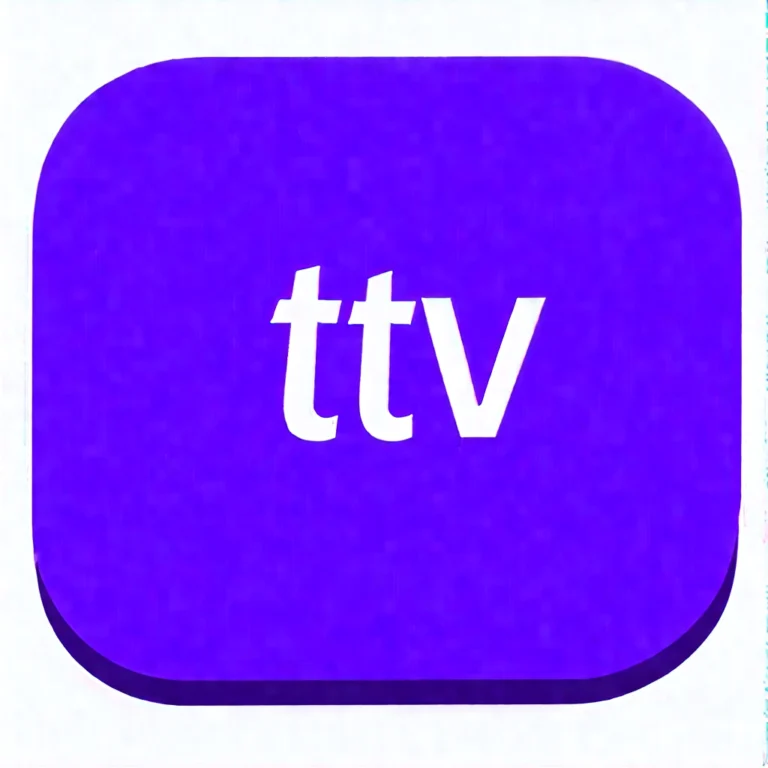K-Pop Stans: The Stunning Truth Behind the US TikTok Ban Debate
In recent years, K-Pop stans have emerged not only as one of the most passionate and organized fandoms globally but also as unexpected key players in the US TikTok ban debate. While discussions about TikTok’s potential ban in the United States often center around national security concerns, data privacy, and geopolitical tensions, the influence—and sometimes the outright power—of K-Pop fans illuminates a far more complex and controversial narrative. To understand the full story, it is essential to unpack the surprising role K-Pop stans have played amid one of the most heated digital controversies of our time.
The Unlikely Intersection: K-Pop Stans and the TikTok Ban
TikTok’s explosive popularity in the US, fueled by younger audiences often passionate about pop culture, naturally attracted K-Pop stans. These fans adopted the platform as a primary space to promote their idols, share moments, and build a sense of community. However, when fears of a TikTok ban began making headlines due to concerns about Chinese ownership and potential data misuse, K-Pop stans mobilized quickly.
What might seem like a niche fanbase’s reaction turned into a massive, coordinated campaign aimed at preventing the ban. They flooded social media channels, petitioned lawmakers, and used TikTok itself to amplify voices opposing the ban. This grassroots digital activism transformed the K-Pop fandom into a formidable political force — sparking both admiration and criticism.
K-Pop Stans as a Political Powerhouse: Mobilization and Messaging
The stunning truth is how K-Pop stans showcased an unprecedented ability to organize. Unlike typical online fandoms centered only on entertainment, this group seamlessly blended pop culture enthusiasm with savvy political engagement. Their opposition to the TikTok ban wasn’t just about preserving a platform for entertainment; it was perceived as a defense of cultural expression, digital freedom, and community solidarity.
Many stans argued that TikTok provided a unique venue for cross-cultural exchange and empowerment for marginalized voices, particularly among Gen Z users. Their protests highlighted the tension between national security priorities and individual digital rights. However, this activism also raised questions: Were K-Pop stans genuinely driven by ideological concerns, or was the effort primarily motivated by preserving their fandom’s digital playground?
The Controversy: Are K-Pop Stans Manipulating the Debate?
Critics of the K-Pop stan involvement have been vocal, accusing fans of trivializing serious issues like data privacy and national security. Detractors argue that the fandom’s hyperactive online presence skews public discourse, creating a form of “digital mob” that pressures policymakers without fully engaging with the deeper geopolitical ramifications.
Moreover, some suggest that the energy behind K-Pop stans’ activism might be exploited—intentionally or not—by broader political actors aware of the fandom’s collective power. This raises uncomfortable questions about manipulation, the authenticity of grassroots political expression in the age of social media, and the potential for fandom culture to overshadow nuanced policy debates.
The Cultural Clash: East Meets West in Digital Contention
The TikTok ban debate also exposes a cultural clash, with K-Pop stans symbolizing a globalizing youth culture that defies traditional national boundaries. Their passionate defense of TikTok reflects a desire to maintain spaces where cultural flows are less restricted by governmental borders. For many stans, banning TikTok could feel like an (Incomplete: max_output_tokens)





